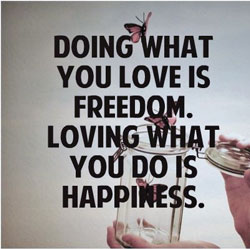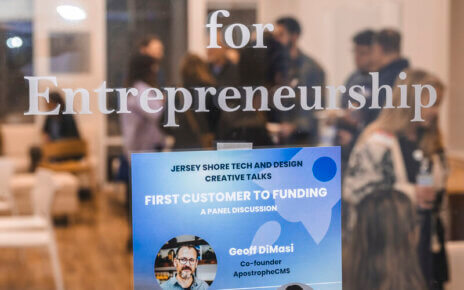Social media is a huge part of our everyday lives, especially as college students. Many University departments have also shifted to social media platforms to spread information about events, student achievements, and more. Although there are many upsides to social media, understanding how to properly consume media can ultimately aid in not only your mental health, but overall college experience.
Topics such as blue light tend to come up often, which can often affect sleep and ultimately the school day if you are up too late working on an assignment or scrolling through Instagram or TikTok.
Speaking of social media, this can also be a huge factor into some of the stress and anxiety that can be induced from using phones. Constantly comparing and presenting ourselves in a certain way can take a toll.
Michele Van Volkom, Ph.D., a Senior Lecturer in the Department of Psychology and currently teaching Psych Adulthood/Age, stated, “Research has shown a number of negative outcomes from overuse of phones and time spent on social media. Researchers even use the phrase ‘problematic cell phone use’ in their work. Specifically, overuse of cell phones can negatively affect self-esteem, body satisfaction, memory, concentration, and even sleep.”
Van Volkom continued, “The blue light emitted from cell phones can interfere with our circadian rhythms – light signals to our brain it is time to get up and be active, but if we are using our phones at night, and particularly at bedtime, it will wake us up and often prevent us from falling asleep or getting a good night’s sleep. Finally, both stress and anxiety levels can increase with overuse of phones and time spent on social media.”
Some ways you can properly use your phone to get the most out of your day, rather than doom-scrolling, include setting time limits on certain apps, changing light settings so that blue light isn’t as harmful, and even just planning activities with friends and family that don’t include phone use to take a break every now and then.
However, some may argue that there are positive effects to social media. Many students appreciate the University’s use of social media as a way to get information across to students. Being connected in this way informs students about upcoming events on campus and deadlines.
Amber West, a sophomore psychology student, said, “I find quite a few events through Instagram pages and stories. Even my mom uses Instagram to send me flyers to certain events. There’s not a lot of things always posted, I feel I find things more on flyers or TVs around campus. However, I do like the flyers Monmouth pages post.”
With eCampus available through the Pulse app, the increased use of GroupMe to stay in contact with school clubs and organizations, and many more apps available to benefit education and gain ideas, cell phone use can have it’s benefits inside the classroom as well.
On the other hand, there are also benefits of the casual use of social media platforms. It can help connect with friends and other parts of the world, it can serve as a source of inspiration, and many use it as a way to campaign for certain causes they believe in.
Mikayla Marrero, a sophomore health studies student, said, “I use Instagram mostly. I like to keep up with people and stay up to date, especially from high school. I don’t post often but I’m a spectator. I do enjoy watching and it’s a nice way to have fun even on a 10 minute break between classes.”



